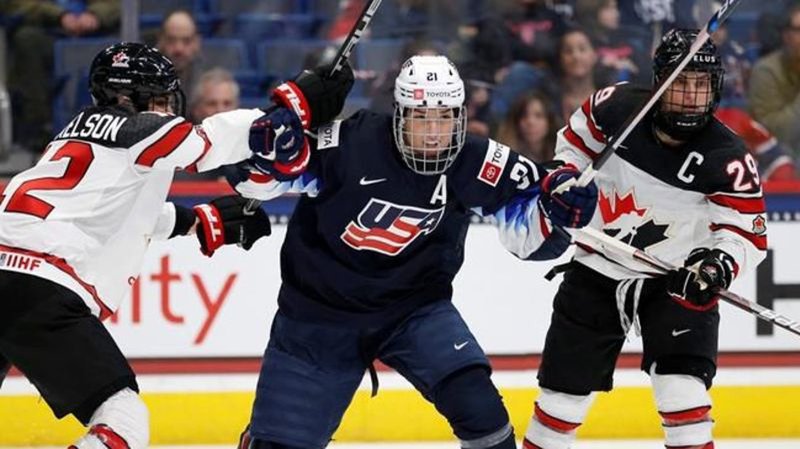
Canadian women’s hockey team yearns for international competition
CALGARY — The Canadian women’s hockey team is in desperate need of international games. Gina Kingsbury hopes a Rivalry Series against the United States can happen this winter.
Hockey Canada’s director of women’s national teams says the COVID-19 pandemic hasn’t completely shut the door on a possible series between archrivals.
Rising cases of the virus in both countries and travel restrictions to contain it are barriers to resuming one of the greatest rivalries in sport, however.
“We’re still in the talks with USA Hockey to possibly have a Rivalry Series, which was on the docket in a regular season, that we haven’t crossed out just yet,” Kingsbury told The Canadian Press.


